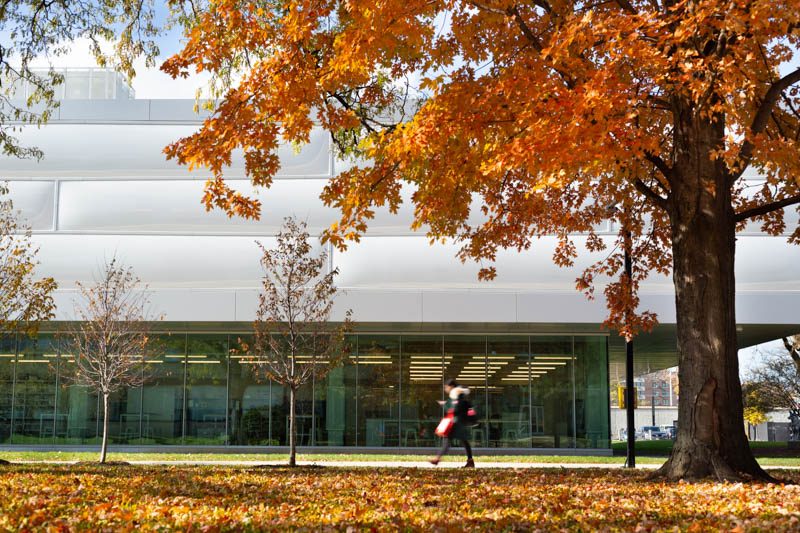Illinois Tech is a diverse and welcoming community, featuring a campus with students from 89 countries and all 50 states. In 1890 the university was founded in order to lift up people of all backgrounds with an education that would help them meet the needs of the age. Ensuring every student at Illinois Tech is still afforded that opportunity is of the utmost importance.


